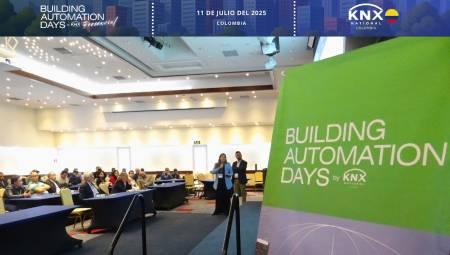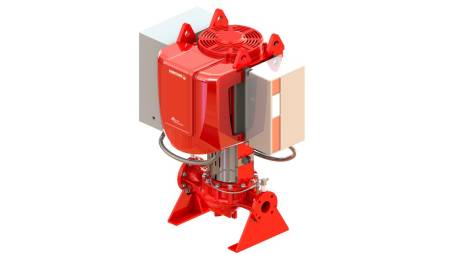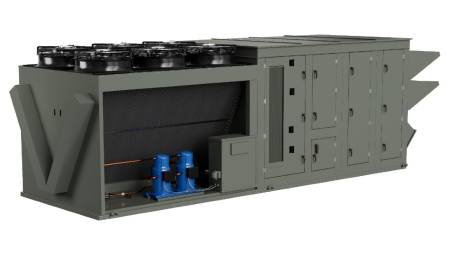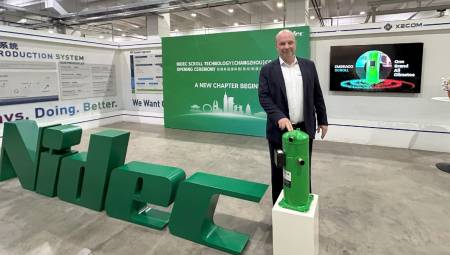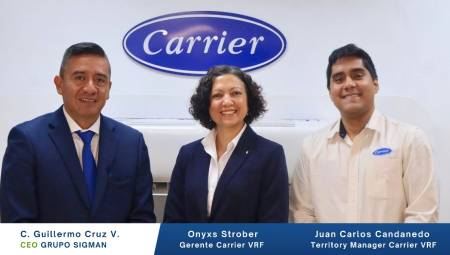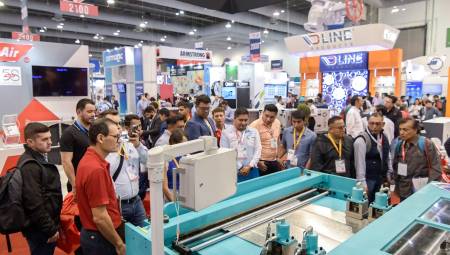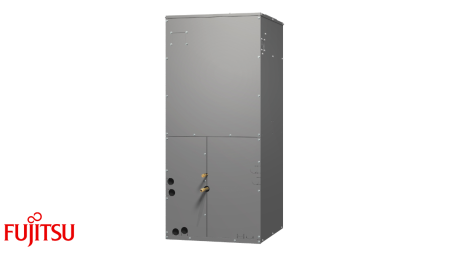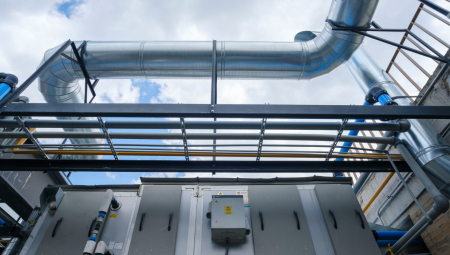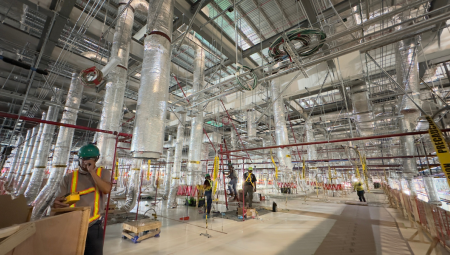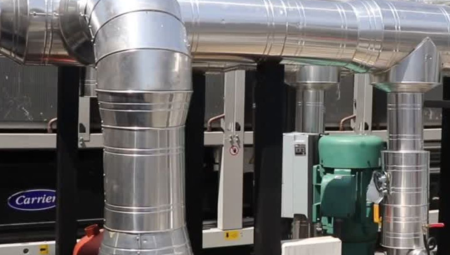 A correct advice on a new air conditioning or maintenance project will surely have much more positive and beneficial results for the installation.
by Camilo Botero*
A correct advice on a new air conditioning or maintenance project will surely have much more positive and beneficial results for the installation.
by Camilo Botero*
I recently received a call from a colleague friend to whom I had designed and installed an air conditioning system that worked with a chiller with piston compressors and R 22, without centralized control. The consultation was about a repair, as it was proving costly and delayed. This situation serves to illustrate one of the many cases in which investment decisions regarding air conditioning are more financial than technical.
Without thinking twice I told him, I think that with the changes in technology and the service time that your chiller (24 years old) has, the most convenient thing would be to discard the old one and acquire a new one. I made the calculations taking into account the annual hours of operation, the cost of the Kw-h in your city, the average energy consumption per ton of cooling of the current chiller, a penalty for increase in energy consumption due to the age of the equipment, the costs of repair and compared them with the value of the initial investment of a new chiller with greater efficiency, modern control system, more environmentally friendly refrigerant; the return on simple investment gave that it would be paid in 1.7 years!
Unfortunately I had already started the repair of the existing chiller which resulted in a value of the order of 40% of the new chiller, in addition to two weeks of shutdown of the air conditioning service (which also has its cost in terms of staff productivity, being more evident when it comes to industrial processes, for the cost of the stops) and to end the anecdote my friend tells me: "If I had called you two weeks ago I would have replaced the damaged chiller without thinking twice, because also once the investment is paid there are benefits in lower energy consumption, greater reliability of the system and lower maintenance costs".
Another anecdote that amuses me, which may or may not be true, is that of the customer who bought a Split system of "distant and unknown" origin. He was totally damaged at age 2 and went to be given the warranty or at least an explanation of the poor durability (formerly those equipment lasted 20 or more years) and the salesman with a shocked face says: "How so, did it last all that time? Two years running?
In general, due to competition, there has been a great deterioration in the quality of the equipment with respect to that of the last century.
A cost-benefit analysis
When it is necessary to make a large investment in air conditioning systems, it is essential to make a financial analysis throughout the life cycle (say 20 years) of the system, when this is done and the cost of energy, maintenance, lack of comfort is taken into account with the consequent decrease in the productivity of personnel and the cost of the impact on the environment (which hopefully will be imposed soon), the decision will surely not lean towards the lower initial cost but towards the most efficient equipment, with better materials and manufacturing methods, which has better control and is more environmentally friendly.
In the contracting of maintenance there are also great fallacies, to save a few pesos unqualified personnel are hired who will surely do a deficient job, deteriorating the equipment, which are losing efficiency due to incrustations, poor adjustments of bands, valves, dampers, diffusers and grids etc. In the industry, the concept of how much should be invested in preventive and corrective maintenance is clearer, because in a diagram of maintenance cost vs. equipment shutdown cost, the optimal situation occurs when those values are approximately equal.
Low investment in maintenance leads to high downtime costs. Sometimes due to the critical nature of the systems (Data Centers, Control Centers, Surgery Rooms, Processes that cannot be stopped, etc.), it is required that the investment in maintenance be higher than the cost of stopping the equipment or processes, since reliability prevails; in these cases redundant equipment is also required.
Another factor that influences the cost of the HVAC system in a very significant way is the way they are operated. Systems of a certain magnitude, let's say greater than 100 TR, require trained personnel and hopefully certified to operate it (it may also be the suitable maintenance personnel who do it) but instead, it is left to the guard on duty who has other functions or to the coffee lady, who simply move a switch and have no idea what is happening with the equipment.
There is a very particular situation in terms of the initial investment, when it is made by an investor of a building, whose purpose is to have high profitability in the initial sale, buys the air conditioning system of lower price, because he will not pay the energy bill, nor the maintenance and repairs. Nor will it be responsible for the non-comfort or shutdown of industrial processes that depend on conditions of temperature, relative humidity, filtration level, number of changes per hour, positive or negative pressures, tests, adjustments, balancing and certifications to operate.
It is very different when the analysis of the initial investment and throughout the life cycle of the system is done by a project engineer, with experience in air conditioning systems and in financial analysis of said investment for a factory or installation and who will also be in charge of the operation and maintenance of the same once the equipment starts, because you are aware of its costs and especially of what it means not to have the service.
Finally, there is a widespread habit of not investing in design, which represents only a small percentage of the initial investment and if you take into account the total cost in the life cycle of the system is negligible. The advantage of good design independent of manufacturers, suppliers and contractors is that it focuses on the themes we have emphasized:
- Greater efficiency of equipment and subsystems.
- Better rational use of energy through excellent control.
- Greater care for the environment.
- Compliance with current rules and regulations.
- Ease of bidding for having perfectly defined terms of reference.
* Camilo Botero is the current Secretary of the Federation of Ibero-American Associations of Air Conditioning and Refrigeration - FAIAR; he was president of ACAIRE and is president of Camilo Botero Ingenieros Consultores Ltda. He has worked as a teacher in several Colombian universities, guilds and currently in ACAIRE in diploma courses of air conditioning projects, energy efficiency in air conditioning and refrigeration, cogeneration and trigeneration, applied psychometrics, thermodynamics, fluid mechanics, heat transfer and turbomachinery. ([email protected]).


